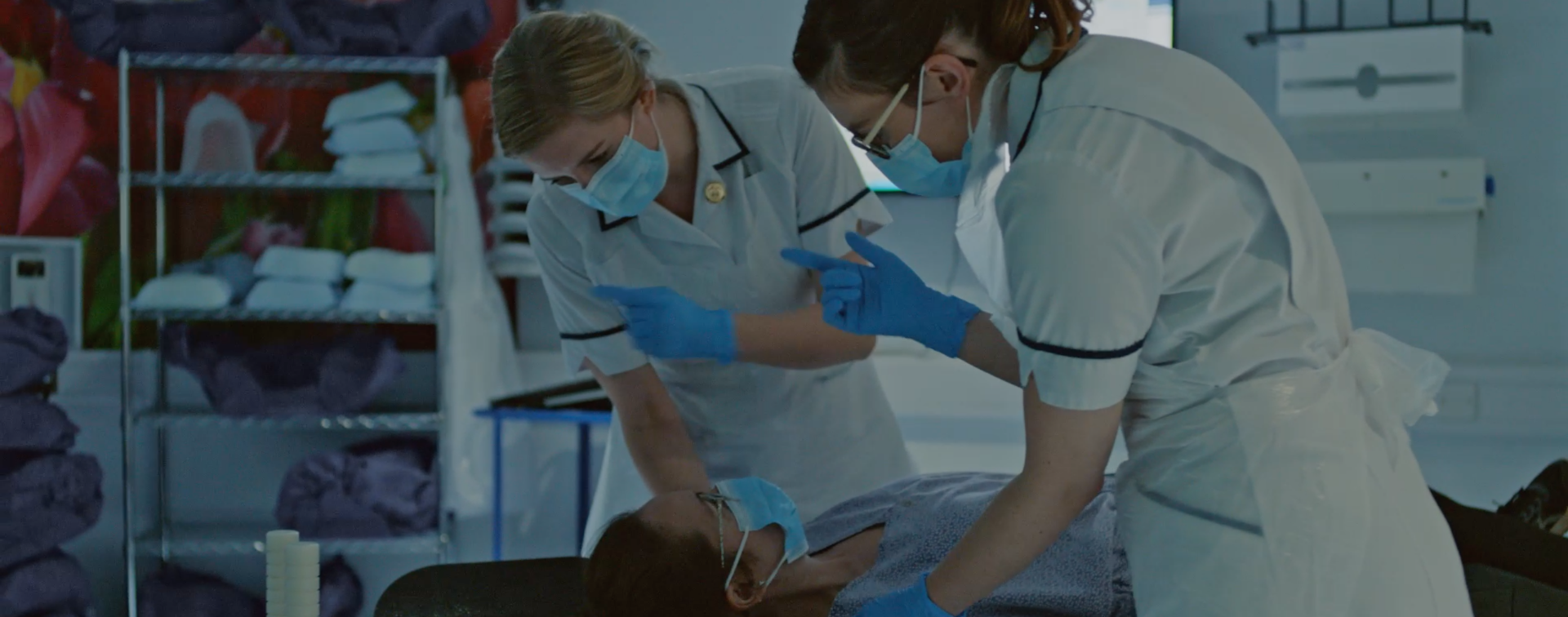
We are allied health professionals.
We are 15 unique roles.
Every day, our allied health professionals (AHPs) play a crucial role in helping patients live their lives as fully as possible.
There are many different AHP roles, ranging from emergency response and radiography to podiatry and speech therapy, and with our world-class training and support, you’ll be able to make yours exactly what you want it to be.
We play a crucial role
There are 15 allied health professional roles, including physiotherapist, prosthetist and therapeutic radiographer just to name a few. And they all have one thing in common: they play a vital part in treating, rehabilitating and improving the lives of patients.
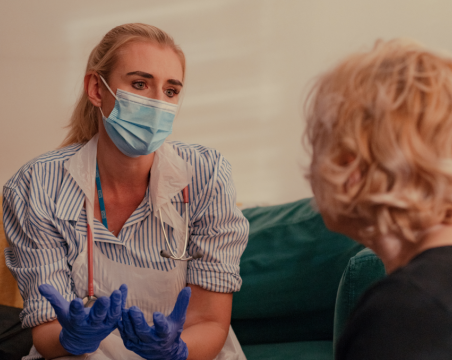
We are experts
As an allied health professional you’ll be able to help patients in ways that few other healthcare professionals can, whether that’s by helping someone learn to walk again or fixing a child’s squint.
You’ll work alongside a multidisciplinary team of doctors and nurses, in a range of settings including hospitals and patient’s homes, as you help patients overcome obstacles, both mentally and physically.
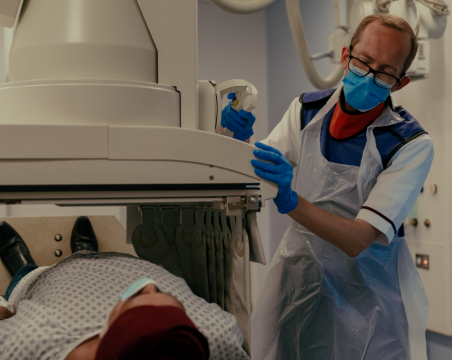
We enjoy world-class training
Allied health professional degrees combine academic study with hands-on, practical experience, giving you a taste for what the role is really like from day one.
You’ll be taught by a mix of faculty members and specialists, completing placements in hospital and community settings, leaving you feeling ready for anything.
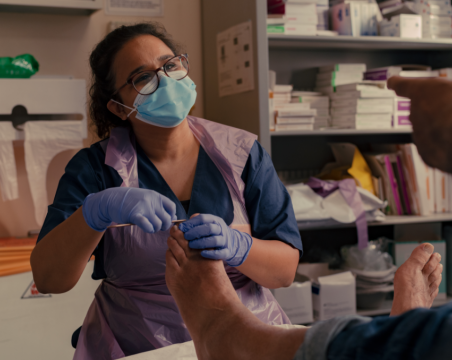
We are rewarded
Being an allied health professional isn’t just emotionally rewarding. With ongoing training, you’ll be able to quickly progress, moving to more senior positions with a higher pay grade.
You’ll also enjoy a competitive salary, one of the most generous pension schemes in the UK, and discounts at shops, restaurants and more.
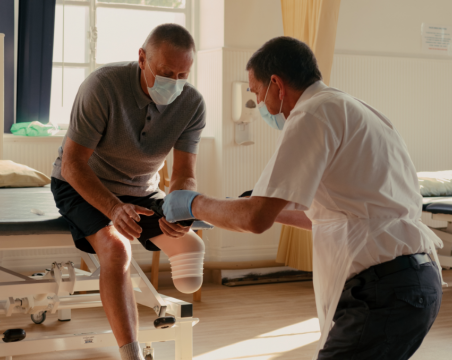
Get your free step-by-step guide to the allied health professions
Sign up to our email guide for more about AHP roles and where they can take you, routes in, and how to write a stand out application.
Real-life stories
Hear from our passionate team and find out what being an allied health professional is really like.
Find your role with us
Explore all the allied health professional roles we have to offer, from paramedic to orthotist.